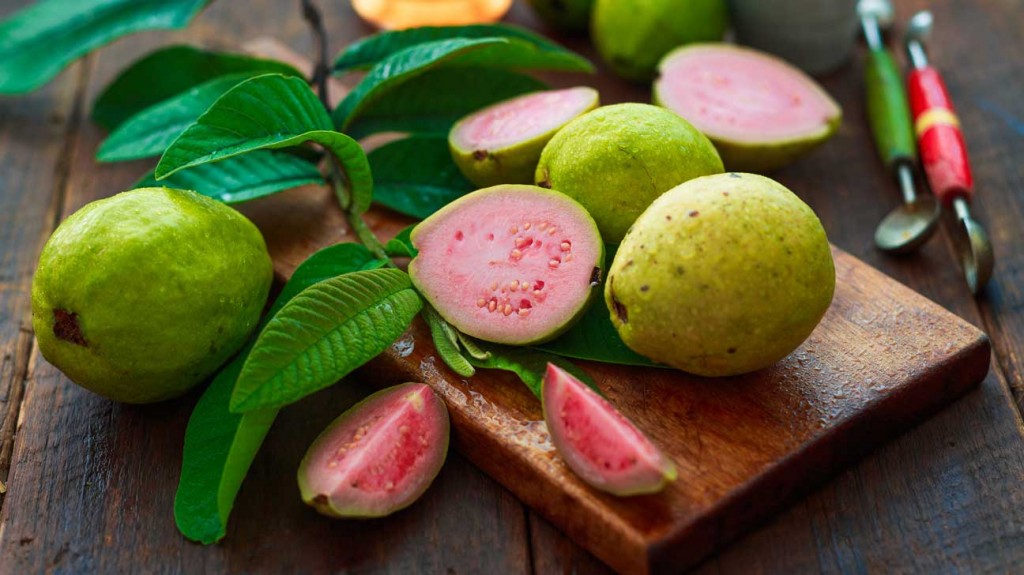What foods to avoid if you have Ulcerative Colitis
Overview
Ulcerative colitis is referred to as the inflammation of the colon that includes characteristic of ulcers, or open sores. The inflammation affects the whole area.
It affects both males and females and of any age group can have ulcerative colitis. 15-30 years is the age group when people are more prone to ulcerative colitis because of their life style.
It is considered as an intermittent disease with periods of exacerbated symptoms, and periods that are relatively symptoms free.
The ulceration and inflammation starts in the rectum and in the lower section of the colon, but as the disease progresses, it spreads through the entire colon.
If not treated and diagnosed early, it may result in various complications that can affect the daily life of an individual.
In modern medicine, there is no satisfactory treatment available till date but according to Ayurveda, it is managed naturally by avoiding certain foods in the diet.
What are the causes of Ulcerative Colitis according to Ayurveda?
Ulcerative Colitis is known as Grahni dosha in Ayurveda. It was mentioned in Sushruta Samhita 3000 years ago that ulcerative colitis affects Pitta dominant people.
Intake of foods that imbalance the Pitta dosha in the body further aggravates the condition.
Excessive intake of food such as:
- Processed food
- Intake of fried, hot and spicy food
- Artificially flavored foods such as artificial sweeteners, colors etc.
- Intake of food made of refined flour
- Junk food.
What are the symptoms of Ulcerative Colitis?
The symptoms usually begin in the lower part of the colon and then spread upwards.
Symptoms are:
- Increased urgency to move the bowel
- Cramping pain in the abdomen
- Blood and mucus in the stool
- Abdominal pain
- Vomiting
- Nausea
- Low-grade fever
- Unintentional weight loss
- Loss of appetite
- Distended abdomen
- Lesions in the skin
- Rectal Pain
- Rectal bleeding
What Diet Should Be Followed in Ulcerative Colitis?
- Diet plays an important role in the treatment of ulcerative colitis because it is caused due to wrong eating habits. People who eat non-vegetarian food and tend to draw most of their protein need from meat are more prone to ulcerative colitis.
- The diet which is rich in astringent principles should be followed. The ulcerative colitis may vary from person to person depending on the patient’s Prakriti.
- Proper diet and nutrition play an important role in the management of ulcerative colitis so as to prevent weight loss.
What Foods to be avoided in Ulcerative Colitis
1.Pitta Aggravating Food
Avoid Pitta aggravating food such as red chilies, tea, coffee, alcohol as they can aggravate the symptoms.
- During an active flare, it is best to avoid spices and stick to plain foods to heal the colon as well as to minimize the symptoms.
- Use of only mild spices is recommended to avoid the irritation of the digestive tract.
- Certain Pitta aggravating foods such as- cold drinks, fried foods, alcohol, ghee, and sweets should be avoided.
- Tomatoes should be avoided as they aggravate Pitta dosha in the body.
- Foods such as soy protein, onions should be avoided as they tend to cause excessive acid formation and irritate the gut.
2.Dairy Products:
Certain dairy products such as- milk, buttermilk, cottage cheese should be avoided as people with ulcerative colitis are generally lactose intolerant.
- The sugar present in milk and dairy products is known as lactose.
- In some patients of ulcerative colitis, the small intestine lacks the digestive enzyme known as lactase.
- Lactose intolerance causes symptoms such as- abdominal pain and diarrhea. So, avoid dairy products to reduce these symptoms.
- Moreover, dairy products contain a lot of saturated fat which cannot be digested properly.
3.Carbonated Beverages:
The carbonated beverages are rich in carbonic acid which causes gas formation and abdominal discomfort.
- These beverages also contain caffeine which can worsen diarrhea.
- So, carbonated drinks should be avoided by the patients suffering from ulcerative colitis.
4.Nuts and Seeds:
Nuts and seeds are hard to digest so these should be avoided by ulcerative colitis patients.
- In ulcerative colitis, there are active flare-ups. So, it is best to eat foods that are easily digestible and those foods which don’t irritate the further lining of the intestines.
- So, avoid foods which are high in fiber such as- nuts, seeds, raw vegetables.
5.Alcohol
- Alcohol may affect different parts of the body but in ulcerative colitis, it stimulates the intestines and causes diarrhea.
- So, consumption of alcohol should be avoided as it damages the liver too.
6.High-Fat Foods:
- High-fat foods such as- butter, cream, fried or greasy food should be avoided as body’s digestive fire is not balanced, so these foods are not digested properly and act as a load on the system.
7.Vata dosha aggravating food:
The foods which form more gas formation or causes Vata imbalance should be avoided.
- Certain foods such as- sprouts, cabbage, sweet corns, broccoli should be avoided.
- These foods cause excessive wind formation in the gut.
8.Whole Grains:
High-fiber foods are hard to digest and are the cause of bloating, diarrhea and abdominal pain.
- Fiber rich food should be avoided by the patients suffering from ulcerative colitis as the body is not able to digest whole grains during flare-ups.
- So, avoid food products which are rich in fibre.
- Limit the intake of fibre rich vegetables such as- broccoli and cabbage which can cause excessive gas formation.
9.Processed Foods:
Processed foods contain refined carbohydrates and excessive amounts of sugar.
- Sugars may cause the over-growth of yeast infections and can trigger ulcerative colitis.
- So, processed foods should be avoided by the patients suffering from ulcerative colitis.
It is important to know that ulcerative colitis patient has different food intolerance because of their parkriti. The intolerance to milk while and sensitive to high fibre food again depends on Prakriti of one.
In addition to diet, stress is also a causative factor of ulcerative colitis. Stress also triggers a flare-up of the disease as chronic stress weakens the immune system making system more susceptible to ulcerative colitis.











